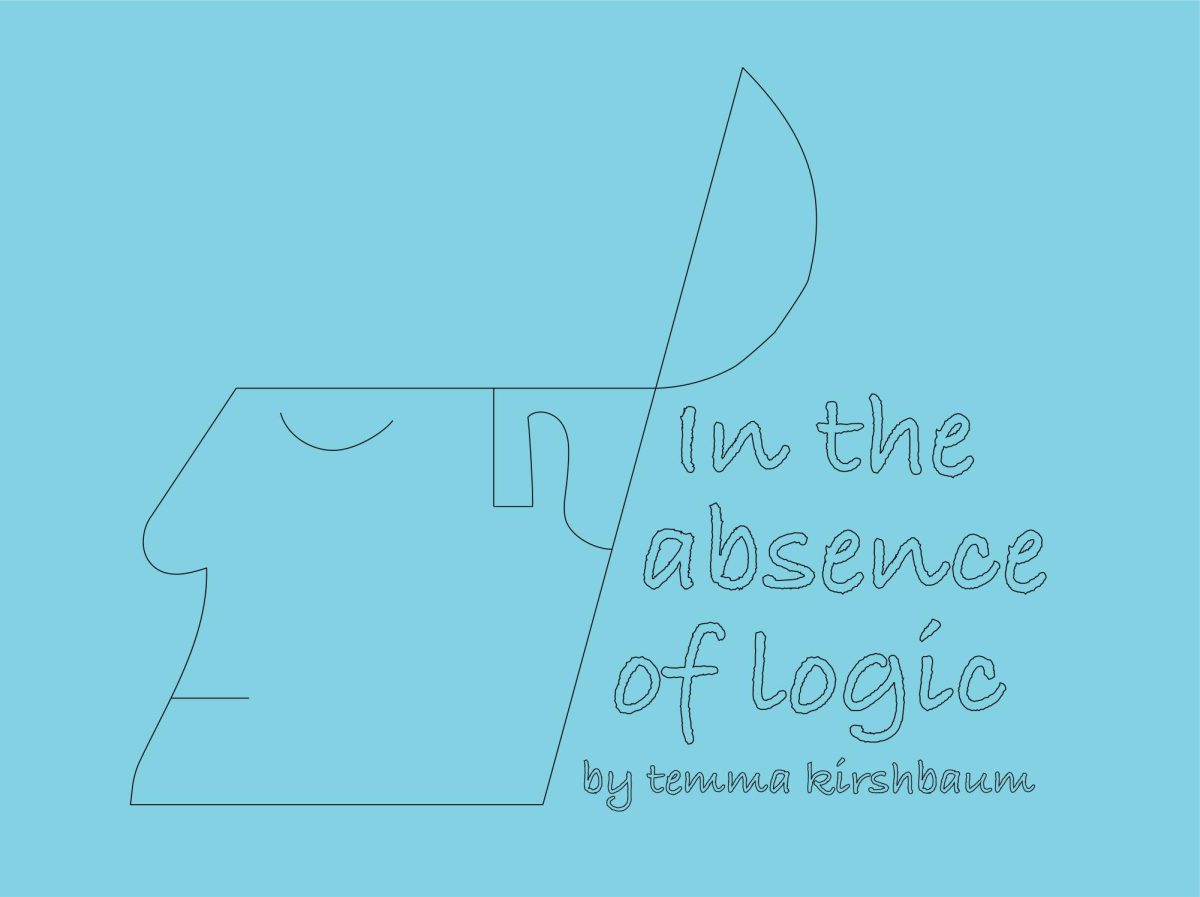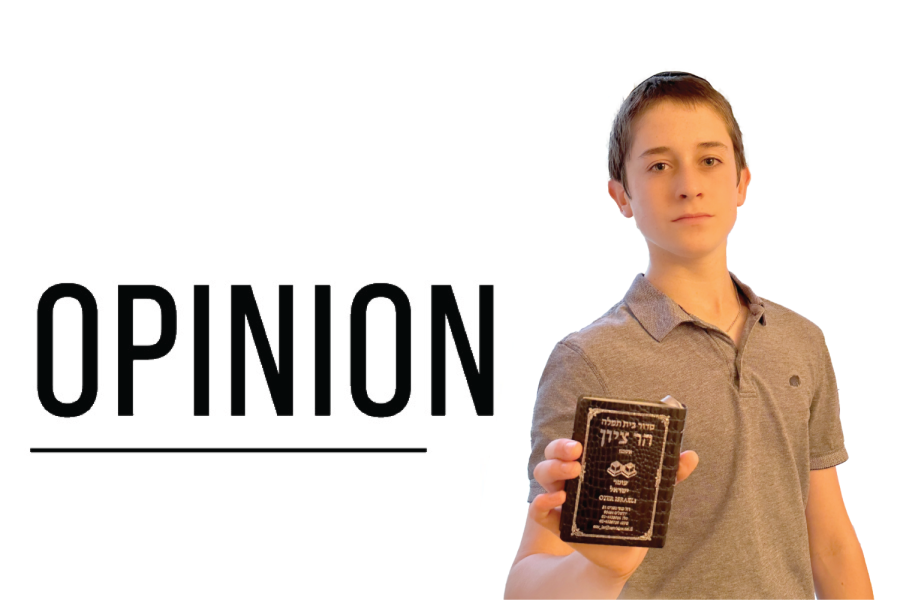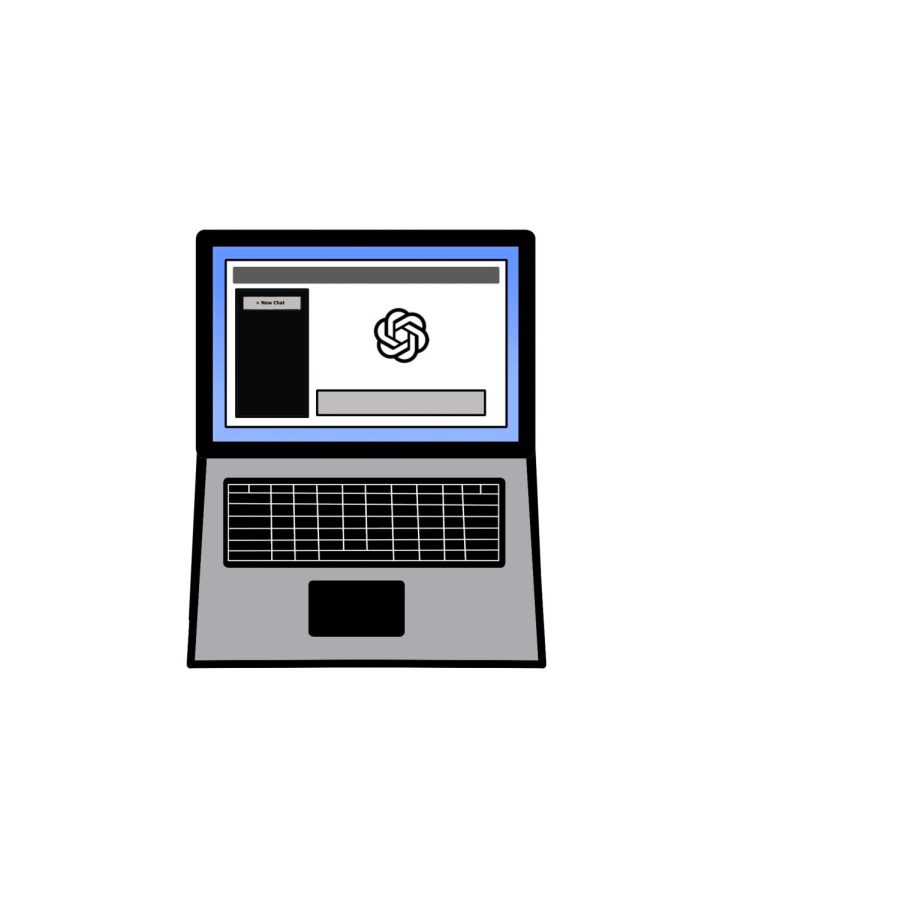During an intense game of three-two-one on the Sport Court during lunch, David is sent to the free throw line. Feeling tired from the game itself, David simply decides to bank the shot in. He immediately hears another player jokingly call out, “That’s so gay!” Everyone chuckles—since bank-shots are generally frowned upon – and continues their game.
The now commonplace casual use of the word “gay” has been contested by some as insulting or demeaning. But everyone knows that the slang usage of the word “gay” is unrelated to any literal meaning of the term. Calling an action “so gay” is in no way calling it homosexual.
Therefore, people who use the word in a flippant manner should not be criticized as insensitive racists or “homophobes.”
While some contend that using the word “gay” casually creates negative connotations surrounding homosexuality by associating it with whatever action is being called “gay,” this is simply untrue. No one who throws around the term actually has a train of thought establishing a connection between homosexual activity and the action labeled “gay.” It’s simply a new slang usage of the word, developing a new meaning as language evolves.
There are so many other words that take on secondary meanings with no other significance. Consider the word “sick.” While the original definition is “affected by some sort of physical or mental illness,” the more slang usage of the term can mean either awesome or disgusting. Just as there is no correlation between the slang and actual definition of “sick,” there is no relation between the casual and actual definition of “gay.”
Saying “That’s so gay” in no way discourages homosexuals from expressing themselves, nor does it insult them to the point where they may commit suicide, because it doesn’t say anything about homosexuality at all. It merely calls an action lame. Arguing that using the term gay to call an action lame or cowardly indirectly calls gay people that too would be as invalid as making a claim that using the alternate definition of “gay,” lighthearted and carefree, stereotypes all homosexuals as carrying a blithe attitude. The casual definition of “gay” has actually become more widespread than the alternate definition.
This does not mean that no words can be hurtful to gay people; words like “faggot” or “queer” may indeed be hurtful – and betray a lower moral standard on the part of the speaker – since they are actually meant as slurs.
However, dubbing an action “so gay” has simply become an idiom in today’s lexicon. The usage of the word has nothing to do with any other definition of the word. If someone says, “That’s all Greek to me.” no one would jump to the conclusion that they are making a slanderous remark towards the Greek language or toward Greeks. By the same token, no one should consider the use of the word gay offensive to homosexuals.
If anything, contesting the use of “gay” casually can actually create tension with those whose primary sexual attraction is to their own gender. Seeing a list of reasons of why the word’s usage is unacceptable may cause someone was not feeling offended to begin with to become offended. Moreover, creating an issue over something as insignificant as the use of an idiom will only irritate people who do use the term, and distract those who wish to support the gay community from more noteworthy matters.
Consider a scenario where slang usage of this locution was considered offensive and an insult to gay people. In such a world, tossing out the trivial comment “That’s so gay” in a lighthearted game of three-two-one could result in the ruining of the game, and harsh consequences for the person who made the comment — all for the use of a simple, humorous idiom.
That wouldn’t advance the cause of tolerance at all.






